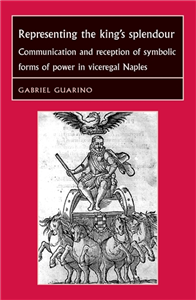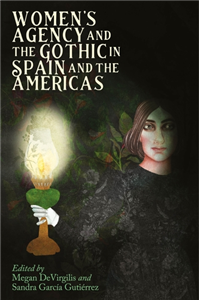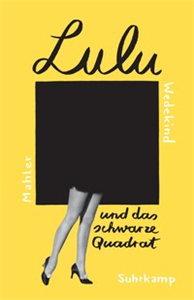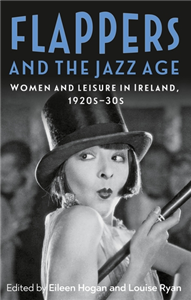Publishing House Nova Knjiga
Nova knjiga insists to create good connection between comercial and elite.We pay close attention to all aspects of the publishing business according to the highest standards and criteria always taking care of the high quality of the translation, covers and textblock.Publishing sectors: fiction, non-fiction, classics, children books. Nova knjiga has a network of own bookstores in biggest towns which covers Montenegrin market. Beside the publishing we have great developed network of wholesale and we are main suppliers of the books in Montenegro. We provide to all companies in Montenegro and region easy way to buy all our editions and editions of other publishing houses.
View Rights Portal



























